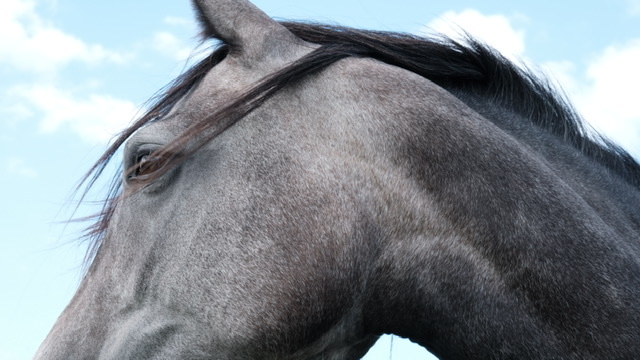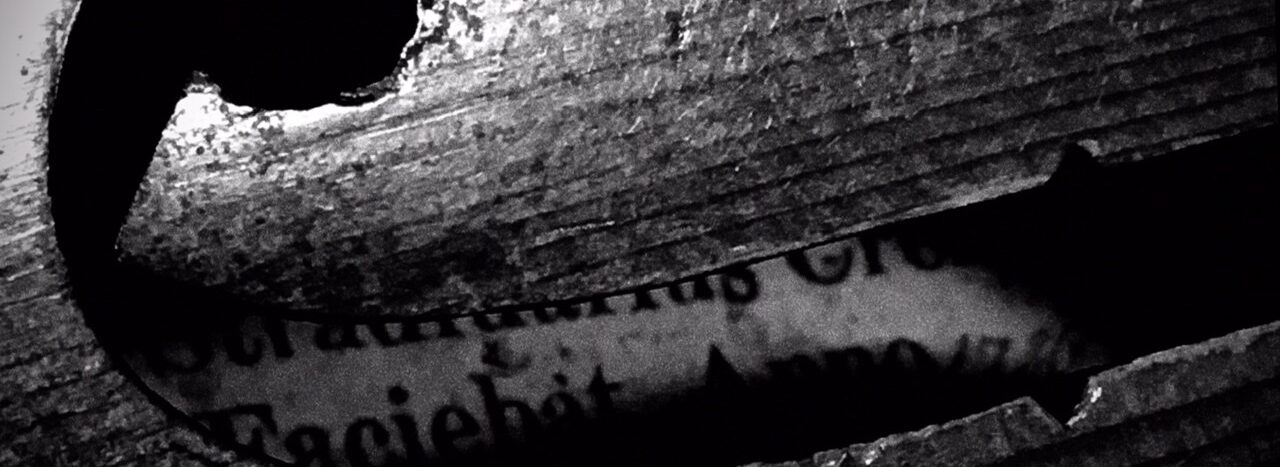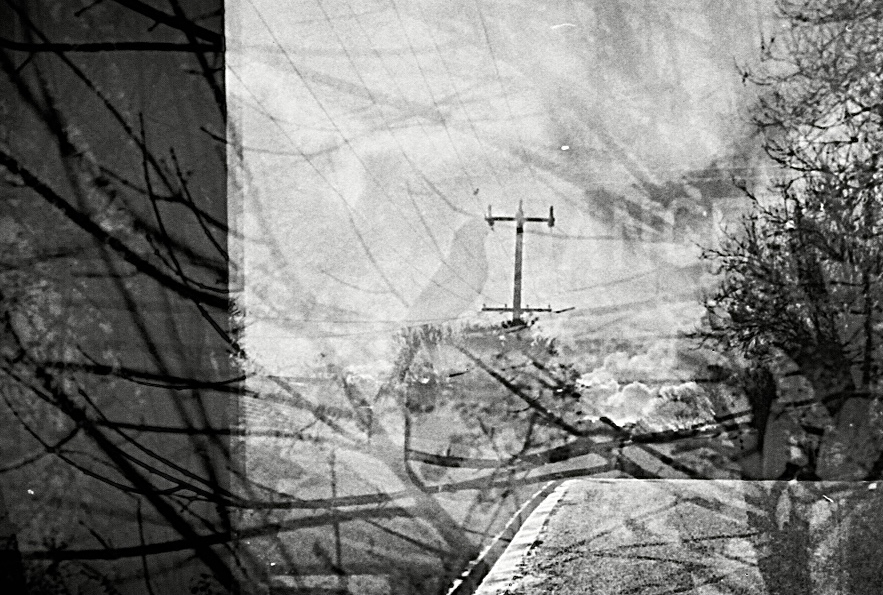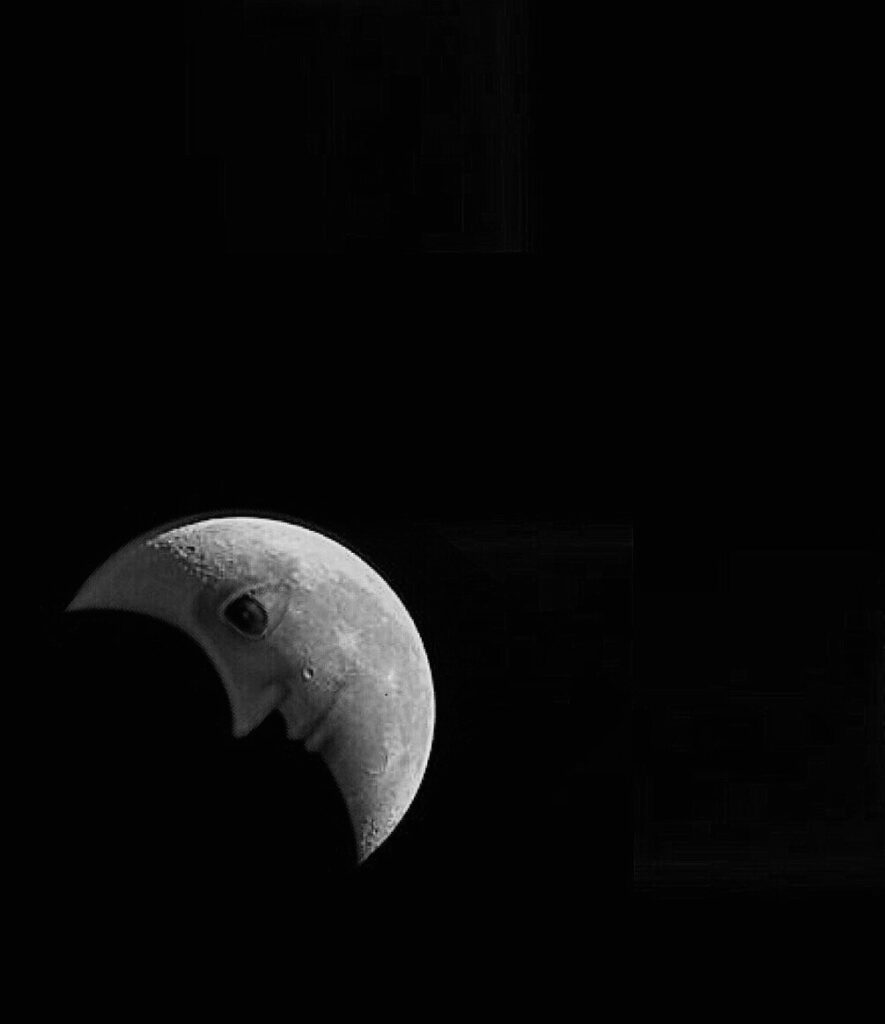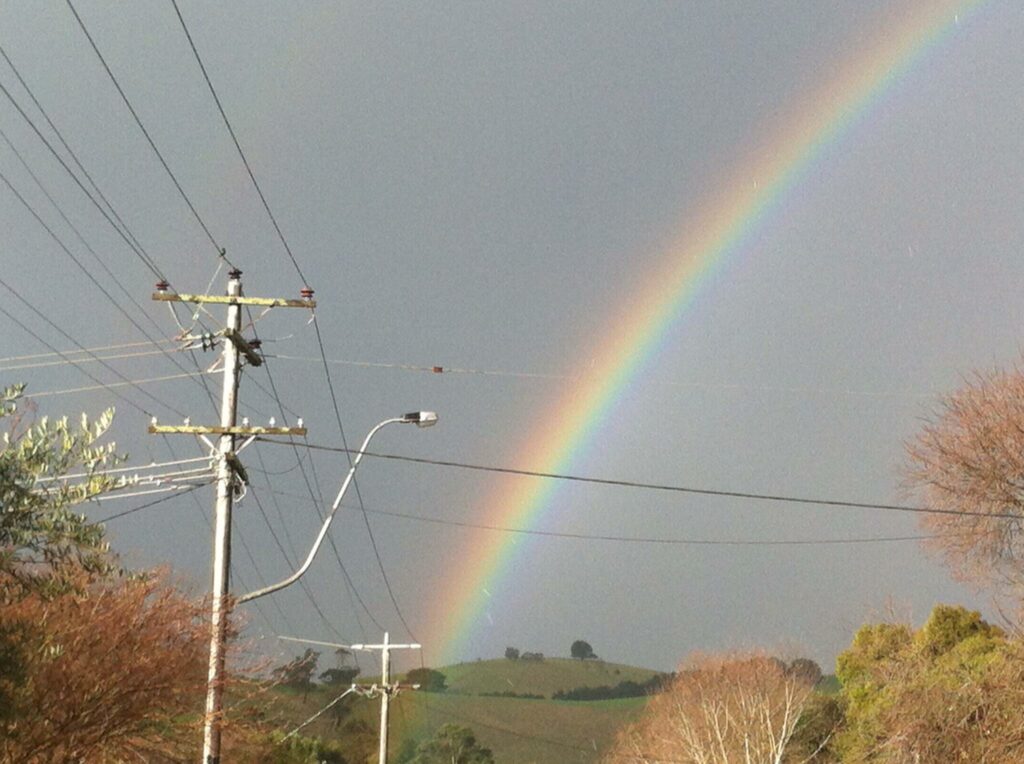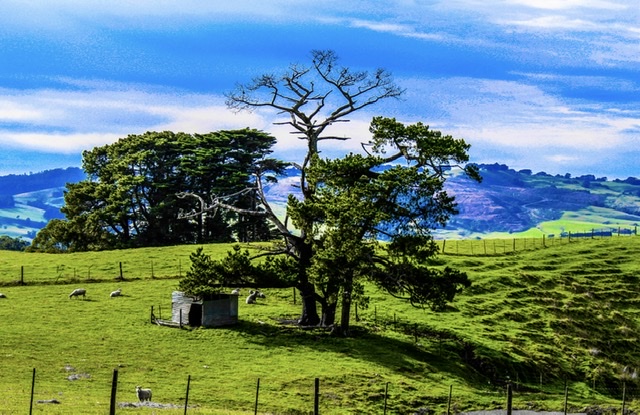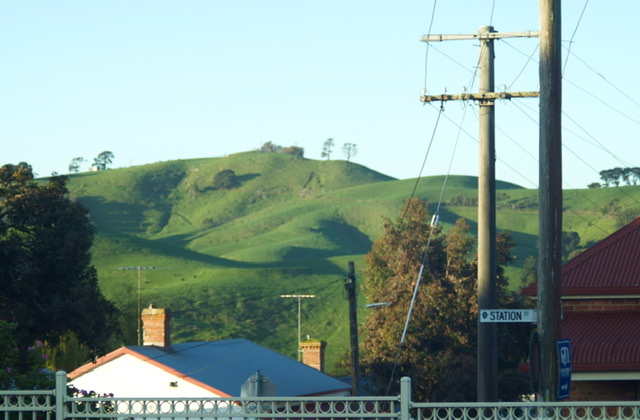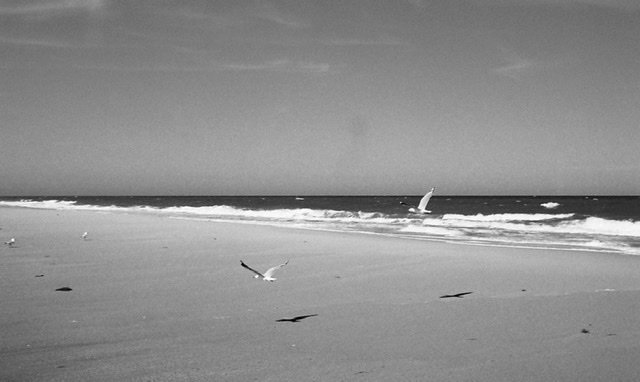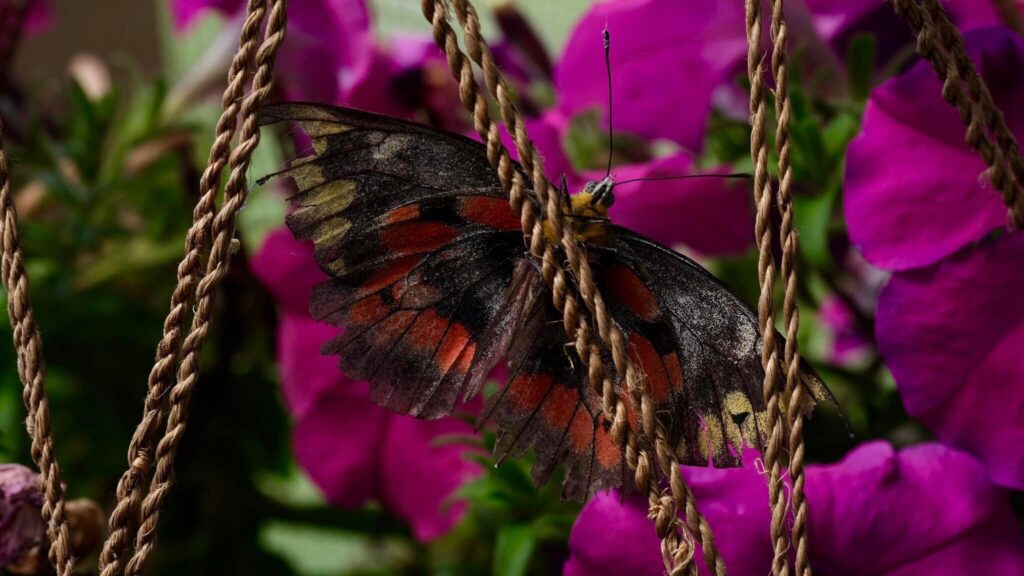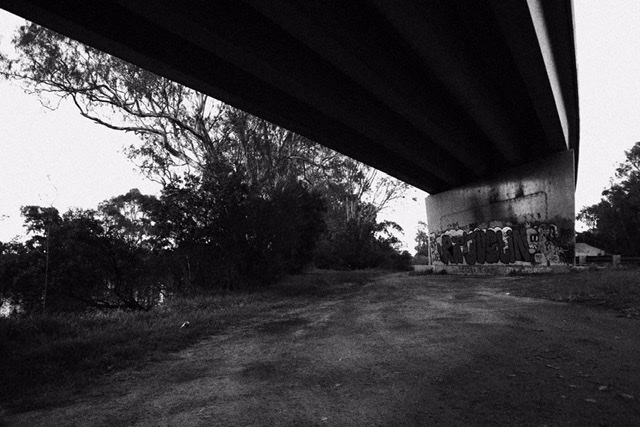Your birth is a Rorschach
butterflies and blood
a string tight around the umbilicus
double knotted, a bow, slack-winged
to promise and make sure
you never float away
Childhood a sharp sprig
this for time, this for prevarication
the soft sound of the turn of cards
in the cage, a sharp stitched inhalation
rot and eucalypt
climbing fences, caught
in the odd barbs of freedom
wet-faced and limping home
still lost
now I am all piercéd through
in another too bright morning
kicking down the sun
Wondering, what happens to all those deathbeds
shook by throes
of regrets and reconciliations
the final jagged fabric of your breath
gone in the wash
Carefully dismantled by the now bereft
sheets shaken out, spars and frets
boats and guitars
to make of blunt horizons
a sunset mausoleum
The old women are the colour of the stones
hands gone rough, skin like sand
still with stained glass eyes, the light
too brightly glistening
I am still here
they have gone and come back
in the curved shape of forever
